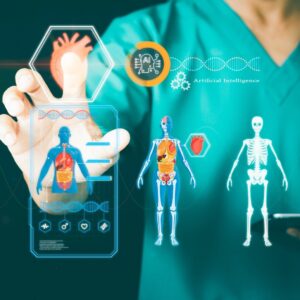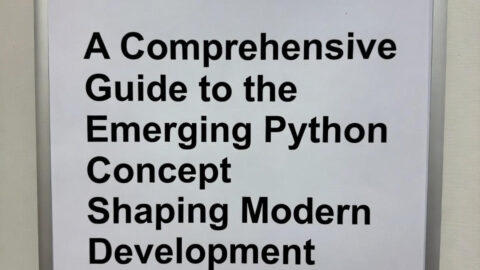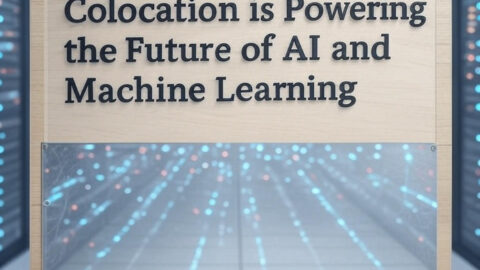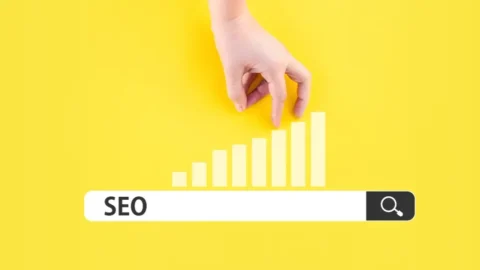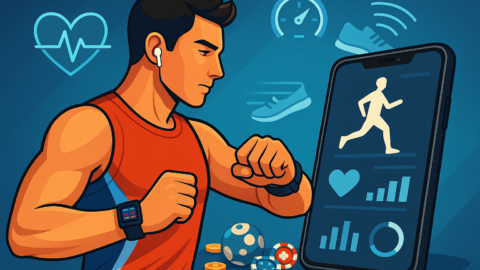People ask if machines can help in healthcare. Many believe that computers and software may support health decisions. In this article, we look at the ways technology can support medicine and the challenges it faces. We shared a friendly view of the discussion. We also introduce online tools like the AI doctor and their pros and cons.
How Technology Supports Healthcare
Technology helps doctors in several ways. Many hospitals use programs that show test results, manage patient records, and provide reminders. Some programs answer questions from patients through a doctor AI chatbot. These tools assist the health team in providing quick care.
AI medical assistant also manages appointments, check a patient’s history, and offer simple health tips. Patients enjoy fast responses when they use an AI doctor chat feature. Technology supports the busy routines in clinics and hospitals.
Benefits of Technology in Healthcare
We see many benefits in using technology alongside human work, such as:
- Speedy Responses: The AI answers health-related questions instantly and in very simple words. This way, you save a lot of your valuable time that would otherwise have been wasted waiting in busy clinics.
- 24/7 Availability: The speciality of the online doctor tool is that it can work any time of the day. No matter whether it’s day or night, the tool is always available for you to provide suggestions.
- Efficiency: When records are saved digitally, the chances of making mistakes are zero. This way, doctors can spend more time treating patients.
Below is a table that shows the pros and cons of technology use in healthcare:
| Pros | Cons |
| Quick response to questions | Sometimes misses the human touch |
| Always available | Cannot perform complex judgments |
| Helps organize work | Faces data privacy issues |
| Reduces waiting times | Needs regular maintenance |
This table shows that while technology offers help, it does not cover every need. The advantages improve the work process, and the disadvantages remind us that human care stays important.
Challenges in Technology Use
Some issues slow down the progress of health tools. These issues include:
- Lack of Human Feel: Computers do not feel emotions. Patients sometimes need a warm talk or a gentle touch that machines cannot give.
- Data Privacy: There is worry about who sees patient data. The systems require strong rules to keep information safe.
- Complex Decisions: Some health conditions need careful thought. Machines sometimes face trouble with choices that require human experience.
These challenges show that while technology helps, it does not fully replace the care provided by a real physician. An AI doctor helps with routine tasks but does not manage all patient needs.
The Future of Healthcare
Technology continues to improve. Researchers work hard to build better tools. The goal is to use programs in a way that helps the health team without replacing them. For example, a doctor AI chatbot can provide detailed information to the patients about their medicine. It also helps organize busy schedules. These efforts show that technology and humans work best together.
We see that an AI-doctor appears as a partner. The tool supports human decisions, making work easier. The balance between human skill and technology is key to better care. In the near future, more clinics will use these tools to save time and reduce errors.
Summarizing Up!
We look at technology as a helper in medicine. The benefits include fast responses, constant availability, and better organization. However, challenges such as the need for human empathy and data privacy remain. The future shows a mix of human talent and smart tools. The role of an AI doctor shows that the support of technology is clear. The tool can work with doctors and can help them give better care.
We conclude that technology supports healthcare work without taking away the role of human physicians. Both the tools and humans share the work to improve patient care every day. This blend of smart programs and caring people creates a friendly and efficient health service for everyone.
